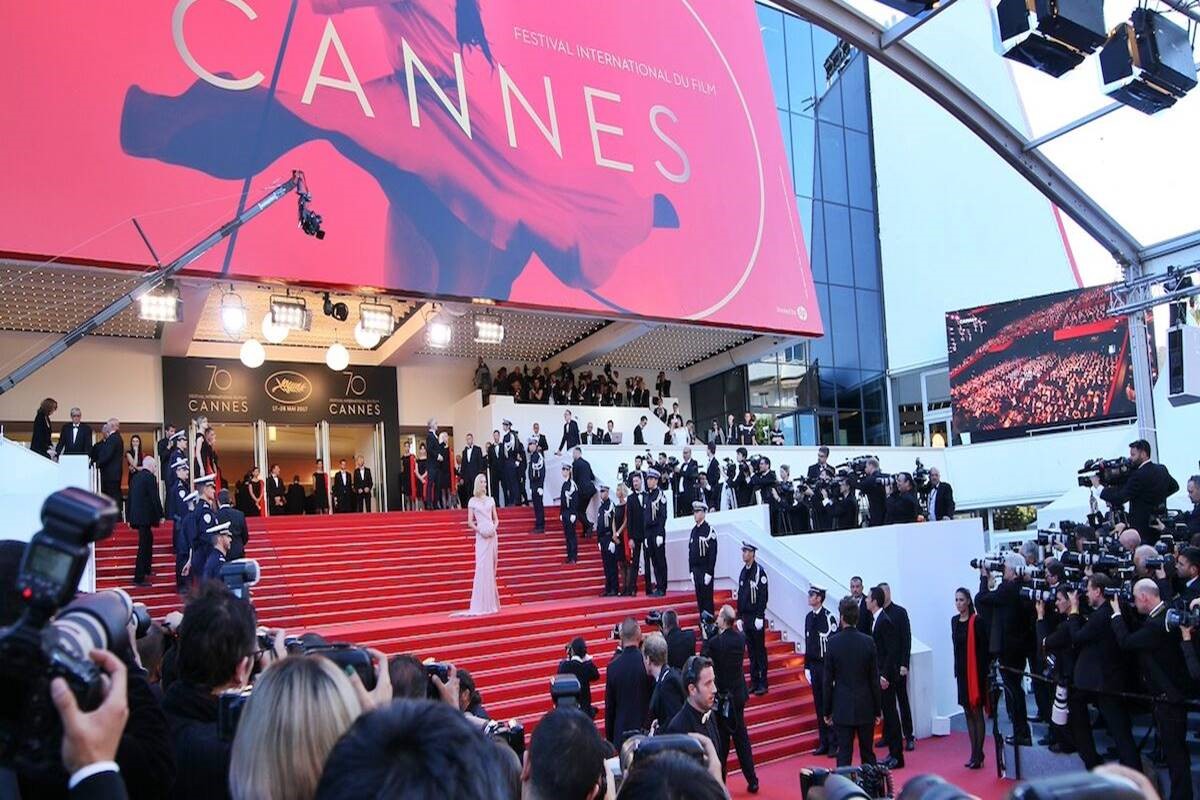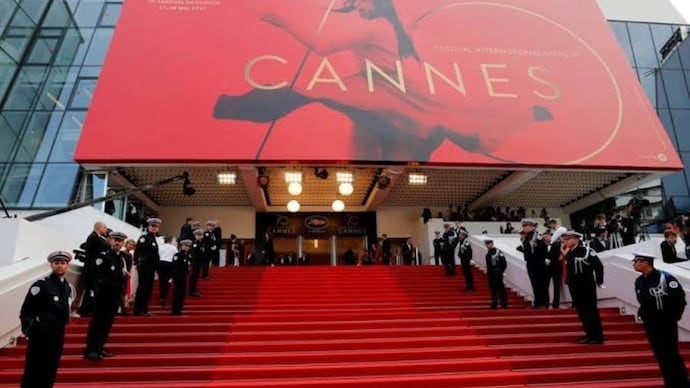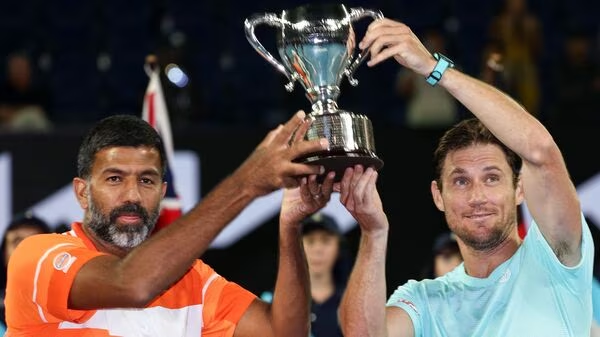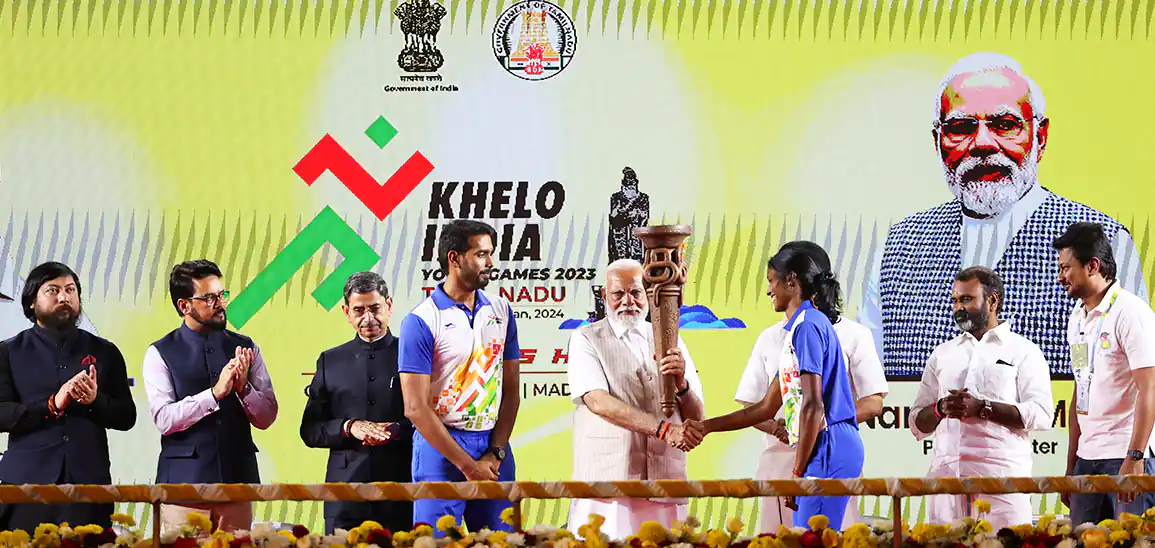Description
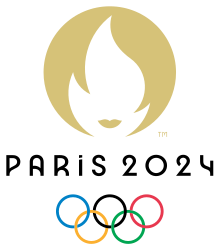
Source: Wikipedia
Disclaimer: Copyright infringement not intended.
Context
- The 2024 Summer Olympics (Games of the XXXIII Olympiad), also known as Paris 2024, is set to take place from July 26 to August 11, 2024, in France.
Details
- Paris will serve as the main host city, with 16 other cities across European France joining in the celebration of sport.
- Additionally, Tahiti, an island within the French overseas country of French Polynesia, will host a subsite.
- After the disruption caused by the COVID-19 pandemic, the 2024 Summer Olympics will mark a return to the traditional four-year Olympiad cycle.
- The 2024 Summer Olympics set the stage for future editions of the Games, including the 2028 Summer Olympics in Los Angeles and the 2032 Summer Olympics in Brisbane.
Historical Significance
- Paris was awarded the Games at the 131st IOC Session in Lima, Peru, on September 13, 2017, marking the city's third time hosting the Summer Olympics.
- These Games will coincide with the centenary of Paris 1924, showcasing the rich history and tradition of the Olympic movement in France.
- It will also mark the sixth time France has hosted the Olympics, both summer and winter, and the first French Olympics since the 1992 Winter Olympics in Albertville.
Motto
- The motto for Paris 2024 is "Games wide open," reflecting the inclusive and welcoming nature of the event.
- These Games will be the first to feature an equal number of male and female athletes, emphasizing the commitment to gender equality in sports.
Olympic Games
- The Olympic Games, often simply referred to as the Olympics, are a major international multi-sport event featuring summer and winter sports competitions.
History of the Olympic Games:
- The ancient Olympic Games were held in Olympia, Greece, from the 8th century BC to the 4th century AD. They were dedicated to the Olympian gods and were an integral part of ancient Greek culture.
- The modern Olympic Games were revived in the late 19th century by Pierre de Coubertin, a French educator, who sought to promote peace and international understanding through sport.
- The first modern Olympics were held in Athens, Greece, in 1896, with athletes from 14 countries competing in 43 events.
- Since then, the Olympic Games have grown significantly in scale and scope, with thousands of athletes from over 200 countries participating in a wide range of sports.
Organization and Governance:
- The International Olympic Committee (IOC) is the supreme authority of the Olympic Movement, responsible for overseeing the organization and staging of the Olympic Games.
- The IOC is composed of representatives from various National Olympic Committees (NOCs) and international sports federations.
- The host city for each Olympic Games is selected through a competitive bidding process, with cities submitting bids to the IOC several years in advance.
- The host city is responsible for building and maintaining the necessary infrastructure, including venues, transportation, and accommodation, to host the Games.
Summer and Winter Olympics:
- The Summer Olympics feature a wide variety of sports, including athletics, swimming, gymnastics, cycling, and many others. They are held in different cities around the world during the summer months.
- The Winter Olympics focus on cold-weather sports such as skiing, snowboarding, ice hockey, and figure skating. They are held in cities with suitable winter conditions during the winter months.
Olympic Symbols:
- The Olympic Games are associated with various symbols and traditions, including the Olympic rings (representing the five continents), the Olympic torch relay, and the lighting of the Olympic flame during the opening ceremony.
- The Games also feature the awarding of gold, silver, and bronze medals to the top athletes in each event, as well as the playing of the Olympic anthem and raising of the Olympic flag.

The Olympic Torch Relay
- The Olympic Torch Relay, a cherished tradition of the modern Olympic Games, holds deep roots in ancient Greek mythology and serves as a symbol of continuity, unity, and the spirit of competition.
Historical Background:
- A significant aspect of the ancient Games was the Olympic Truce or Ekecheiria, established in the 9th century BC, allowing safe passage for athletes amidst the warring states of Greece.
- However, the celebration of the ancient Olympics was halted in 393 AD by the Christian emperor Theodosius I, only to be revived in 1896 by French educator Pierre de Coubertin, marking the beginning of the modern Olympic era.
Inception of the Torch Relay:
- The tradition of the Olympic Torch Relay was proposed by Carl Diem, Secretary General of the Organising Committee of the Berlin Games, inspired by ancient Greek torch races.
- In preparation for the 1936 Summer Games in Berlin, a symbolic flame was lit in Olympia and transported to Berlin, marking the first Olympic torch relay.
- The flame, symbolizing purity and continuity, was lit using the sun's rays in Olympia, reflecting the significance of fire in Greek mythology and the perpetual flames maintained in Greek temples.
Evolution of the Tradition:
- The torch relay tradition has evolved to embrace inclusivity and diversity, allowing thousands of people from different backgrounds to participate in carrying the Olympic flame.
- Common people now have the opportunity to engage in this historic event by reaching out to the organizing committee, reflecting the democratization of the Olympic movement.
- The identity of the final torchbearer, who carries the flame to the opening ceremony, is shrouded in secrecy, adding an element of anticipation and excitement to the Games.
- Historically, torch-bearers were predominantly young, male athletes, reflecting the societal norms of the time.
- However, the tradition saw a significant shift towards inclusivity at the Munich Games in 1972, when women and individuals with disabilities were first included among the torch-bearers.
- The flame, once ignited, remains alight until the closing ceremony, serving as a beacon of hope, unity, and athletic excellence.
Sources:
IndianExpress
|
PRACTICE QUESTION
Q. Discuss the ethical implications of hosting mega sporting events such as the Olympic Games. How can host countries ensure that such events promote inclusivity, sustainability, and social responsibility while mitigating potential negative consequences? Analyze with relevant examples. (150 words)
|






